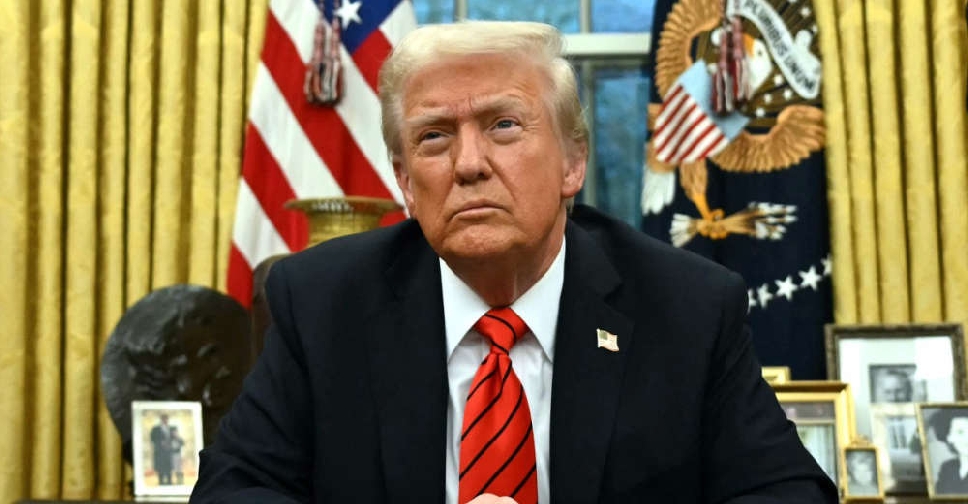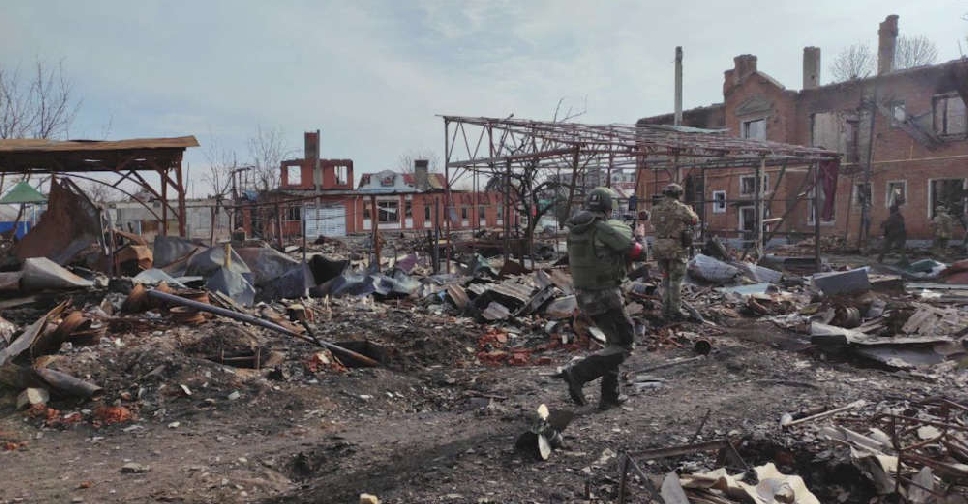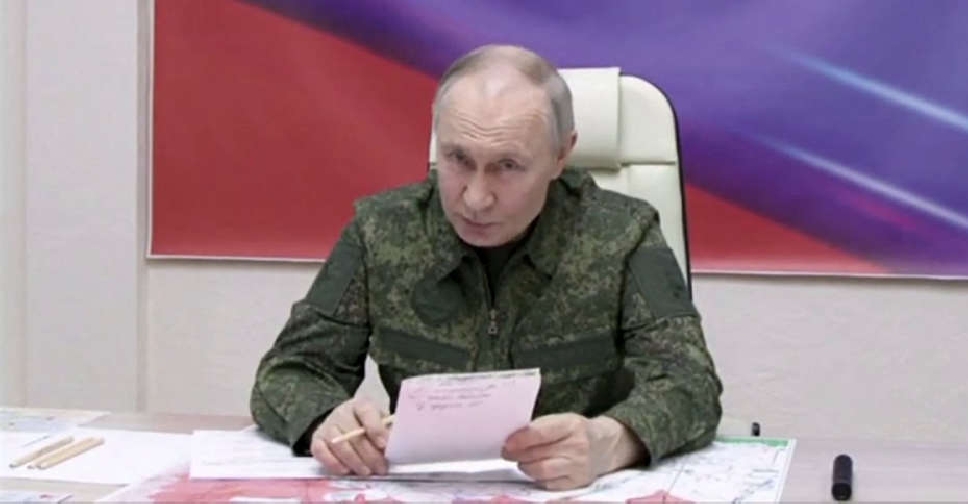
US President Donald Trump substantially raised tariffs on steel and aluminum imports to a flat 25 per cent "without exceptions or exemptions" in a move to aid the struggling industries but which increases the risk of a multi-front trade war.
Trump signed proclamations raising the US tariff rate on aluminum from his previous 10 per cent rate and eliminating country exceptions and quota deals as well as hundreds of thousands of product-specific tariff exclusions for both metals. A White House official confirmed the measures would take effect on March 12.
The tariffs will apply to millions of tons of steel and aluminum imports from Canada, Brazil, Mexico, South Korea and other countries that had been entering the US duty free under the carve-outs.
The move will simplify tariffs on the metals "so that everyone can understand exactly what it means," Trump told reporters. "It's 25 per cent without exceptions or exemptions. That's all countries, no matter where it comes from, all countries."
Trump later said he would give "great consideration" to Australia's request for an exemption to the steel tariffs due to that country's trade deficit with the US
The proclamations were extensions of Trump's 2018 Section 232 tariffs to protect domestic steel and aluminum makers on national security grounds. A White House official said the exemptions had eroded the effectiveness of these measures.
Trump also will impose a new North American standard requiring steel imports to be "melted and poured" and aluminum to be "smelted and cast" within the region to curb US imports of minimally processed Chinese and Russian metals that circumvent other tariffs.
The action also extends the tariffs to downstream products that use foreign-made steel, including fabricated structural steel, aluminum extrusions and steel strand for pre-stressed concrete, a White House official said.
As he signed the order at the White House, Trump said he would follow Monday's action with announcements about reciprocal tariffs on all countries that impose duties on US goods over the next two days, and said he was also looking at tariffs on cars, semiconductor chips and pharmaceuticals.
Asked about threats of retaliation by other countries against his new tariffs, Trump said: "I don't mind."
Trump's trade adviser Peter Navarro said the latest measures would shore up national security by strengthening domestic steel and aluminum producers.
"The steel and aluminum tariffs 2.0 will put an end to foreign dumping, boost domestic production and secure our steel and aluminum industries as the backbone and pillar industries of America's economic and national security," he told reporters.
US data showed aluminum smelters produced just 670,000 metric tons of the metal last year, down from 3.7 million in 2000. Plant closures in recent years including in Kentucky and Missouri have left the country largely reliant on imports.
Canada, whose abundant hydropower resources aid its metal production, accounted for nearly 80 per cent of US primary aluminum imports in 2024.
Steel imports accounted for about 23 per cent of American steel consumption in 2023, according to American Iron and Steel Institute data, with Canada, Brazil and Mexico the largest suppliers.
Canada's industry minister said the US tariffs were "totally unjustified", with Canadian steel and aluminum supporting key US industries including defense, shipbuilding, energy and autos.
Trump first targeted steel and aluminum for tariffs in 2018 under a Cold War-era national security law. He later granted several countries exemptions, including Canada, Mexico and Australia, and struck duty-free quota deals for Brazil, South Korea and Argentina based on pre-tariff volumes.
Trump's successor, Former president Joe Biden, later negotiated duty-free quotas for Britain, Japan and the EU.


 British PM Starmer scraps health body NHS in search of savings, better care
British PM Starmer scraps health body NHS in search of savings, better care
 Russia says its forces will soon retake all of Kursk from Ukrainian troops
Russia says its forces will soon retake all of Kursk from Ukrainian troops
 Russia ready to discuss peace initiative on Ukraine with US
Russia ready to discuss peace initiative on Ukraine with US
 Australia reviews visa of US influencer filmed taking baby wombat
Australia reviews visa of US influencer filmed taking baby wombat



